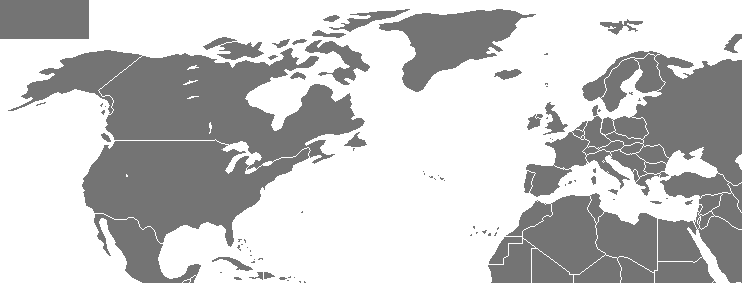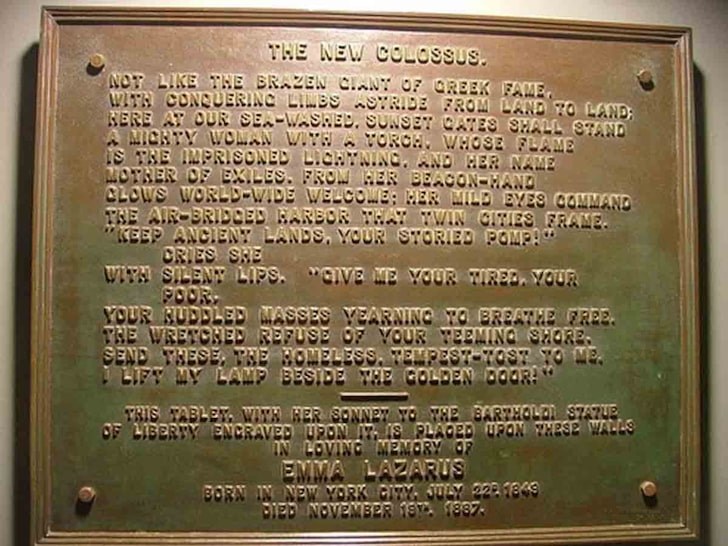
“The decisions we have taken in Madrid,” North Atlantic Treaty Organization Secretary General Jens Stoltenberg said as a summit of the alliance’s members closed in Madrid on June 30, “will ensure that our Alliance continues to preserve peace, prevent conflict, and protect our people and our values.”
Decisions taken at the summit include inviting Sweden and Finland to join as NATO’s 31st and 32nd member states, an increase in “high readiness” forces to more than 300,000, more money in general, and of course more money for non-member state Ukraine in its conflict with Russia.
None of these, of course, will “preserve peace” or “prevent conflict,” and given the last 30 years of the alliance’s history, even the notion that they’ll “protect” the people of NATO member states is dubious. That’s not what NATO does these days.
What NATO does these days is constantly attempt to remake the world in the image of “liberal democracy,” very loosely defined as whatever the organization’s member regimes happen to want at any given moment.
Since the disintegration of the Soviet Union and dissolution of the Warsaw Pact — NATO’s original betes noires — in 1991, the alliance has grown like Topsy with new member states located far from the North Atlantic, all while launching or joining in numerous wars of choice in the Balkans, in the Middle East, in Central Asia, and in Africa.
Characterizing NATO as a “collective security” or “defense” coalition these days is pure fiction. It’s an alliance for global conquest and US/European hegemony, and that’s all it is. The criterion for NATO military intervention is no longer, per Article 5 of its charter, an actual attack on a member state, but rather any refusal — actual or potential — to slavishly obey the edicts of the alliance or its heavyweight regimes.
Think what you may of Vladimir Putin’s decision to invade Ukraine, his stated concerns about Ukraine potentially joining this violent supranational gang and bringing it right up to Russia’s border were completely understandable. That war might have been avoided if not for NATO’s obsession with constant expansion.
NATO is a clear, present, and constant danger to world peace. It outlived its notional usefulness as anything else more than three decades ago.
The United States in particular has no conceivable legitimate interest in remaining a NATO member. With no closely located enemies of military significance, and with the power to project more force “over the horizon” than any other power on Earth at need, the only things it gets out of NATO membership are the kinds of foreign entanglements George Washington and Thomas Jefferson warned it against.
As for the European powers, if they want to form a military alliance, perhaps under the European Union umbrella, well, that’s their business. They should do it at their own expense and with their own military personnel, not with American blood and treasure at stake.
The first step in disbanding NATO and eliminating it as a threat to global peace is for the US to depart the alliance. The sooner the better.
Thomas L. Knapp (Twitter: @thomaslknapp) is director and senior news analyst at the William Lloyd Garrison Center for Libertarian Advocacy Journalism (thegarrisoncenter.org). He lives and works in north central Florida.
PUBLICATION/CITATION HISTORY


